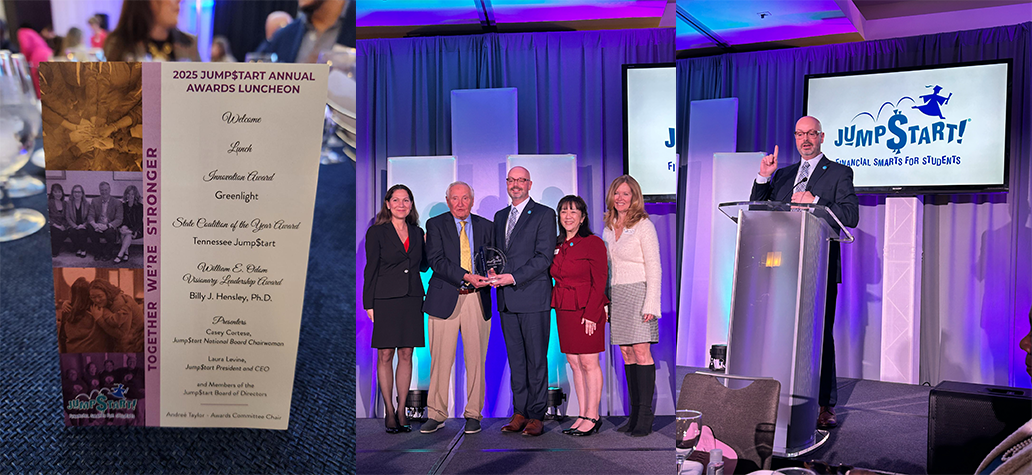U.S. Adults Share Their Views in New Nationwide Opinion Poll
DENVER—The National Endowment for Financial Education® (NEFE®) has completed new polling of U.S. adults on their confidence level when making financial decisions over the past year. This is the latest in a series of polls conducted throughout 2022 to illuminate U.S. adult preferences, experiences and behaviors about financial education, financial systems and their well-being.
“Feeling confident in making optimal financial decisions can be difficult to attain and it can take time. Personal experience and education can help improve confidence, however, there are also variables out of a person’s control that can dramatically deter a person’s confidence,” says Billy Hensley, Ph.D., president and CEO of NEFE. “Undoubtedly, gaining as much information and knowledge as possible can directly correlate to improving an individual’s confidence level.”
The new opinion poll from NEFE, conducted by AmeriSpeak, shows that 83% of U.S. adults admitted to making at least one personal finance-related decision* over the past year. Additional poll questions inquired which of those decisions individuals felt most confident making, followed by a question on which decisions individuals felt least confident making.
- Respondents felt most confident making decisions about saving with a specific goal in mind (35%), paying off a significant debt (21%), opening or closing a credit card or line of credit (20%) and managing taxes independently (17%).
- Respondents felt least confident in making decisions about withdrawing from savings, investment or retirement accounts to cover expenses or for another unexpected reason (14%) and deciding on insurance plans (14%).
A demographic breakdown of the poll data includes the following points:
- Respondents aged 18-29 years old (49%) are significantly more likely than those aged 45-59 years old (33%) and those 60+ years old (37%) to indicate they made a personal finance decision on saving money with a specific goal.
- White non-Hispanic adults are significantly more likely than Black non-Hispanic adults to have made a decision on insurance plans (30% vs. 18%).
- Respondents with an annual income of $30K-<$60K (30%) are significantly more likely to have paid off a significant debt than those with an annual income of <$30K (20%) or those with >$100K+ (21%).
- Females (19%) are more likely than males (8%) to feel the most confident deciding on insurance plans.
- Those with an annual income of >$100K (24%) are more likely than those with an annual income of <$30K (11%) to feel most confident in managing taxes independently.
- Individuals with some college education or an associate degree (20%) feel least confident in withdrawing from saving, investment or retirement accounts to cover expenses or for another unexpected reason, compared to those with a bachelor’s degree or higher (11%).
NEFE has also funded research on the topic of confidence and financial behavior through a grant to the University of Rhode Island in 2016. This project evaluated how financial literacy declines over time and how knowledge and confidence interact with financial behaviors.
This is NEFE’s fifth poll of 2022. Other polls conducted throughout the year included questions on personal financial status, financial education mandates, and a joint poll on discriminatory practices by the financial services sector and financial education access. NEFE also conducted a research study of the LGBTQIA+ community using polling data.
“Our public opinion polling continues to point the financial education field in a direction that can support effective education and policy decisions. We began 2022 with a baseline of how people are feeling about their finances heading into the year. Throughout the spring and summer, we explored systemic challenges and areas that must be improved, and now we are exploring confidence, which can support thoughtful financial decision making,” adds Hensley.
For more on this survey, visit the Consumer Poll section of the NEFE website.
Full Methodology
This survey was conducted Sept. 21-25, 2022, on behalf of NEFE, using the AmeriSpeak Omnibus Panel. The nationally representative sample included 1,003 adults aged 18 and older. Funded and operated by the National Opinion Research Center (NORC) at the University of Chicago, AmeriSpeak® is a probability-based panel designed to be representative of the U.S. household population. Randomly selected U.S. households are sampled using area probability and address-based sampling, with a known, non-zero probability of selection from the NORC National Sample Frame. These sampled households are then contacted by U.S. mail, telephone and field interviewers (face to face). The panel provides sample coverage of approximately 97% of the U.S. household population. Those excluded from the sample include people with P.O. Box only addresses, some addresses not listed in the U.S. Postal Service Delivery Sequence File, and some newly constructed dwellings. While most AmeriSpeak households participate in surveys by web, non-internet households can participate in AmeriSpeak surveys by telephone. Households without conventional internet access but having web access via smartphones are allowed to participate in AmeriSpeak surveys by web. AmeriSpeak panelists participate in NORC studies or studies conducted by NORC on behalf of governmental agencies, academic researchers, and media and commercial organizations.
* Respondents selected all that applied to them from this list: “Taking out a traditional loan, “Taking out a non-traditional loan”, “Making a significant purchase”, “Signing a lease”, “Investing in education or training for a family member, or friend”, “Opening or closing a credit card or line of credit”, “Selecting a retirement plan or specific investments for retirement or non-retirement accounts”, “Saving money with a specific goal in mind”, “Withdrawing from saving, investment, or retirement accounts to cover expenses or for another unexpected reason”, “Deciding on insurance plans”, “Paying off a significant debt”, “Taking on fees or overdraft charges for an account”, “Filing for bankruptcy”, “Managing taxes independently”, “Hiring an expert to manage financial decisions for.”


